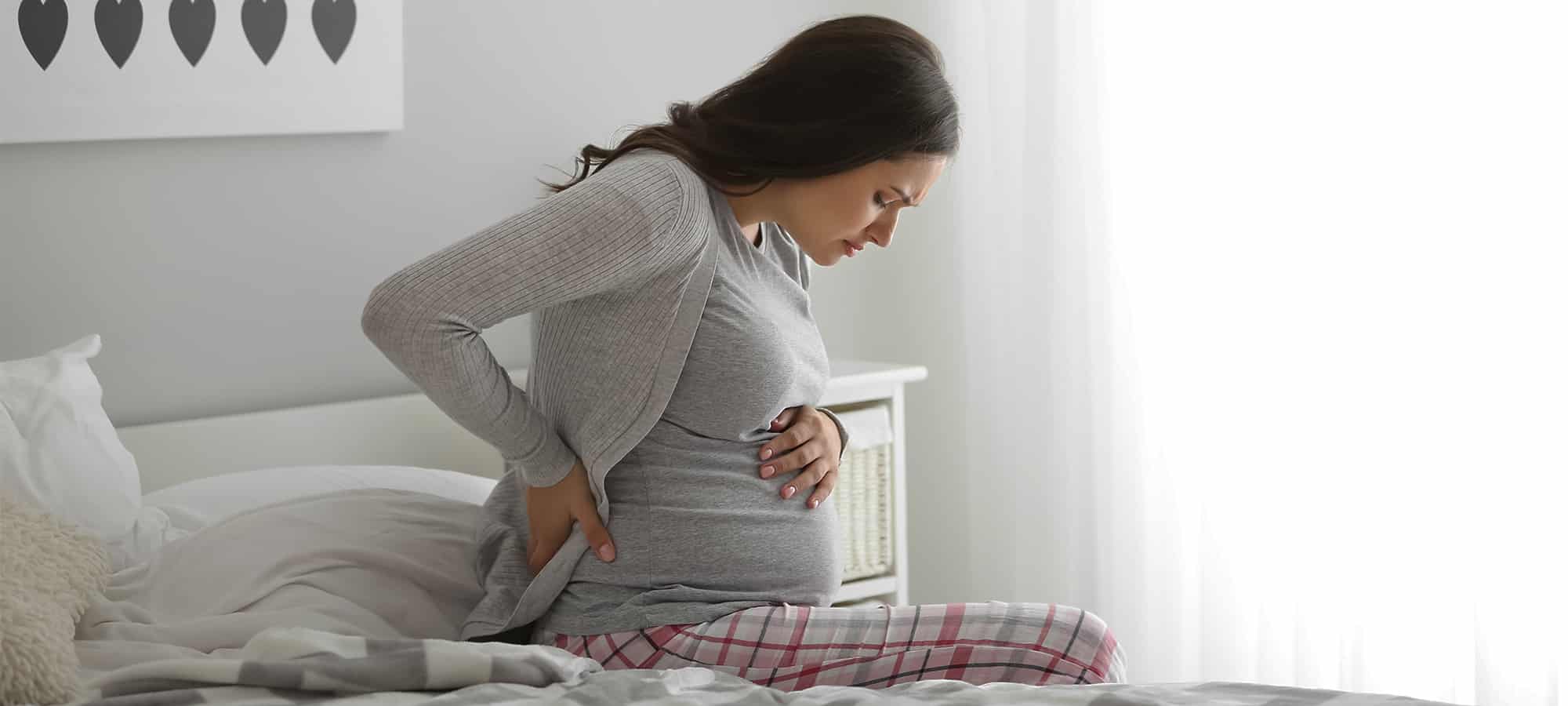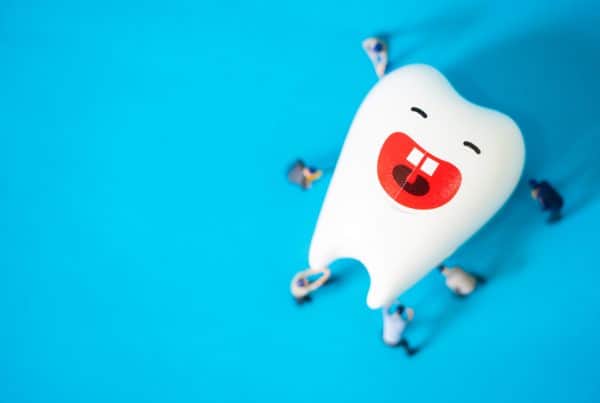There is a multitude of musculoskeletal issues that can occur during pregnancy and following birth. Fortunately, this can be treated by experienced women’s health physiotherapist. Pelvic girdle pain (PGP) can be one of the more severe and disabling.
The pelvic girdle is a ring of bones at the base of your spine. Woman can experience Pelvice Girdle pain Pelvic girdle pain in the hips, lower back, pelvis, pubic bone, groin, lower abdomen and legs. PGP affects one in four pregnant women. Pain when you are walking, climbing stairs, turning over in bed, getting in and out of a car, are common symptoms of PGP. PGP arises from excessive movement of the pelvis during pregnancy. Excessive movement of the pelvis is caused by:
- Hormonal changes which alter the stretchiness of your ligaments.
- Postural and loading changes from your tummy growing.
- Pelvic floor muscles being stretched with the weight of the baby.
Certain activities will continue to aggravate PGP until you gain good control of movement in the pelvic joints. These include pushing loaded shopping trolleys, standing on one leg to dress, running, prolonged walking, walking on uneven or soft ground, carrying a toddler on your hip, getting in and out of the car, vacuuming and mopping.
Thankfully you can get help through physiotherapy and evidence supports this. A patient-specific clinical Pilates program is also very effective at managing PGP during pregnancy, with the use of stabilisation and stretching exercises. If you would like more information on how you can manage PGP, contact your local women’s health physiotherapist to discuss.
Visit the Birds of Paradise Clinic’s website or read more HERE.





